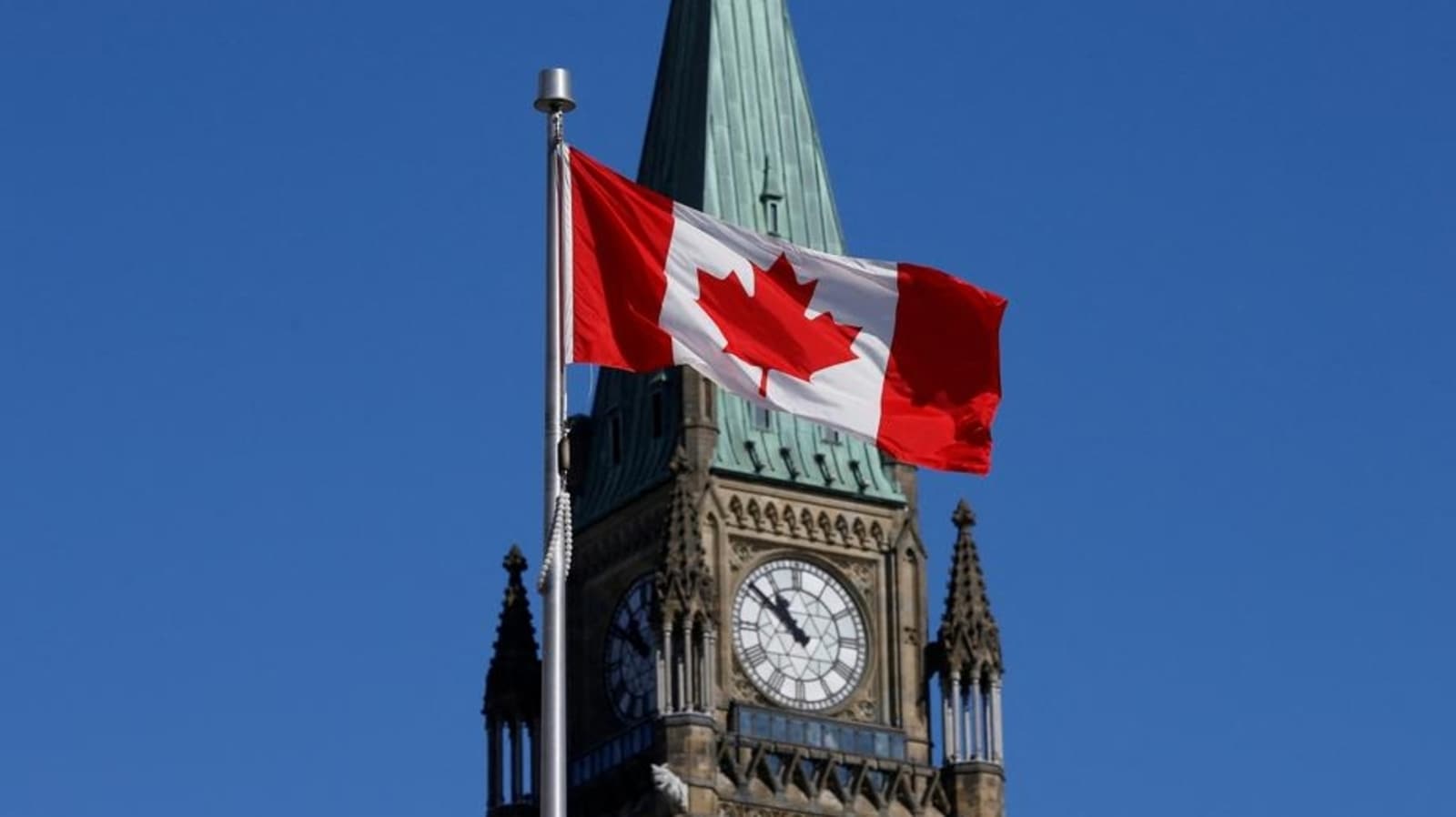Canada has done a detailed mapping of what it says are covert Chinese police operations within its borders and wants to explore a response with Group of Seven allies to a challenge faced by several nations.
The issue of Beijing allegedly setting up unofficial “police stations” in Western democracies — to monitor and intimidate members of the Chinese diaspora — has become a growing concern. Canada, the US, Italy, Germany and the UK have all grappled with the problem.
Ottawa is expected to share its findings with the G-7 in the coming weeks and wants to explore a coordinated response, two people familiar with the matter told Bloomberg News, speaking on condition of anonymity to discuss matters not yet public.
ALSO READ| Man arrested for allegedly groping dozen, including minors, at water park in Canada
A spokesperson for China’s embassy in Ottawa said in a statement that “there are no so-called overseas police stations.”
The UK is eager to coordinate along with Canada and other G-7 members, one of the officials said. But harmonizing a response could be complicated since many nations have confronted the issue at a law-enforcement level, and countries within the bloc have different legal systems, another official noted.
The Royal Canadian Mounted Police has said it’s investigating allegations of clandestine Chinese police operations, including “credible” information in the second-largest province of Quebec. The Madrid-based human-rights group Safeguard Defenders said in a 2022 report that China operates at least 54 such stations across five continents.
“Foreign interference of any kind is plainly unacceptable,” Jean-Sebastien Comeau, a spokesperson for Canadian Public Safety Minister Dominic LeBlanc, said in a statement. “As there are ongoing investigations related to foreign interference in Canada, we will not provide further comment.”
China has said the centers — run by local volunteers, not police officers — help Chinese citizens renew documents and offer other services.
“China strictly follows the principle of non-interference in other countries’ internal affairs,” the Ottawa embassy spokesperson said. “China strictly abides by international law and respects all countries’ judicial sovereignty.”
The UK government reacted with alarm last year to reports of alleged Chinese police stations in the country, calling it “egregious.” In June 2023, it said China had closed the centers, and that an investigation hadn’t revealed illegal activity by the Chinese state at the sites — citing the “suppressive impact” of police and public scrutiny.
US authorities charged two people in New York last year on allegations of operating an illegal police operation in lower Manhattan for a branch of China’s Ministry of Public Security, with the goal to “monitor and intimidate dissidents and those critical” of the government in Beijing.
Italy began probing China’s alleged operations after Safeguard Defenders reported it was home to the largest number of the so-called stations. Germany’s government has said there are two such sites in the country.
Canadian Prime Minister Justin Trudeau has faced accusations of not responding swiftly enough to foreign interference, prompting his government to call an independent inquiry into overseas meddling in its recent federal elections. In an interim report in March, the inquiry concluded China attempted to interfere in the elections but didn’t affect the overall result.

